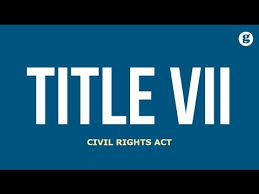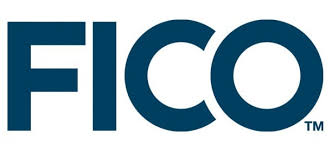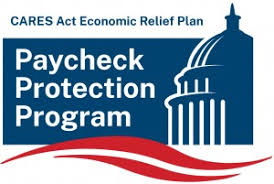What’s new in consumer law?
Title VII Loophole Allowing Bank Discrimination May be Soon be Closed
As our country reconciles inequity in the law, The Fair Access to Financial Services Act, introduced last week, prohibits discrimination by banks, closing a gaping loophole. Title VII subjects only certain businesses to its prohibitions, such as movie theaters, restaurants and hotels, allowing banks to treat customers differently. While many states prohibit bank discrimination, the disparity necessitates…
Read MoreThe Right to Repair Movement embraces Mobile Health
On a consumer plug today, I am excited by the “right to repair” trend that has surfaced in a proposed bill to block manufacturer imposed limits on medical device repair. While advocates worry about the environment, an important fall-out is consumer inability to take ownership of product maintenance. Of course safety is key, and I…
Read MoreAn Individual Chapter 11 Plan must be funded by more than Business Income
In re Patel, a recent CA bankruptcy decision, held that chapter 11’s requirement for individual debtors to pay unsecured creditors from “disposable income,” encompasses income from all sources. Note that this would equally apply in Subchapter V. The Patel Chapter 11 plan listed only motel income which was insufficient to fund a payout to unsecured creditors. While…
Read MoreUS Credit Scores have gone up due to pandemic aid
In the latest report, consumers have prioritized paying their credit cards using the CARES Act’s unemployment benefits and mortgage moratoria to fuel a rise in credit scores. This has left some lenders confounded and looking for other ways to measure credit-worthiness. Consumers should be aware that banks may be using bank transaction history to make…
Read MoreA defaulted chapter 13 plan can be extended under the CARES Act
Good news! A New Orleans judge has found the CARES Act to permit a 7 year extension of a chapter 13 plan whose payments were in default prior to enactment of the Act, holding that the currency of payments is irrelevant. In fact, most chapter 13 plans are in a state of default and ultimately…
Read MoreStakeholders anxiously await clarification of PPP loan forgiveness process
Borrowers and lenders are being advised to sit tight, while Congress reworks the kinks toward debt forgiveness for PPP loans. As outlined by the NYT, progress is being made toward overcoming the various hurdles so that all stakeholders will be able to achieve the initiative’s well-intended respite and fresh start.
Read MoreIs a PA Gaming License property that can be clawed back in bankruptcy?
The Commonwealth of PA was recently permitted to sustain revocation of a debtor’s gaming license and keep the $50M paid per state forfeiture laws, as a license is considered a privilege versus reclaimable property. This is yet another example of the intricacies of pre-bankruptcy planning, as lawyers and debtors collaborate to re-tool with minimal friction.
Read MoreStudent Loans are inching toward normalization with other dischargeable debt in Bankruptcy
The Student Borrower Bankruptcy Relief Act has been initiated by the House to eliminate the Bankruptcy Code’s ambiguous barrier to student loan discharge, which has been read to require a showing of severe financial hardship if the debtor is forced to re-pay. This complements the judicial trend to discharge private student debt to effect the policy of…
Read MoreDemystifying Bankruptcy: More on tenant tips
Filing for bankruptcy can help a tenant break a long-term above-market lease, as bankruptcy law provides the tenant with a special cap on damages at three years rent. Planning ahead is key, and on the flip side, a landlord can head off a potential major loss by keeping tabs on its tenants’ financial portfolios as…
Read MoreDemystifying Bankruptcy: Filing for bankruptcy can never cause a contract default
For example, a typical clause in leases states that a tenant’s filing for bankruptcy causes a default, allowing the collection of remedies. This is merely a scare-tactic and is known as an ipso facto clause that has zero legal effect. In fact, a bankrupt tenant can even make the unilateral decision to continue the lease.
Read More









